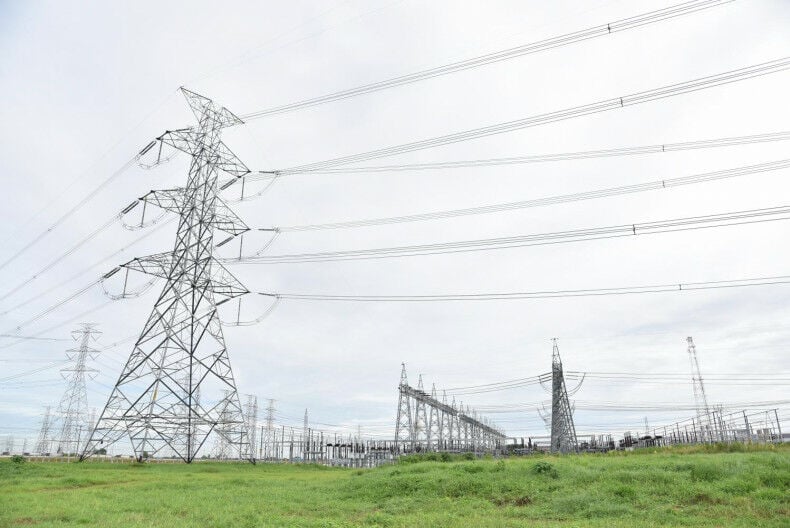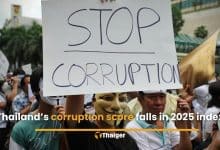FTI warns foreign businesses will invest elsewhere unless govt makes energy cheaper

The Federation of Thai Industries (FTI) warned the government that foreign businesses will not invest in Thailand if it maintains its unsustainable utility bills.
The FTI insists investors will look to their more competitive Asian neighbours and set up camp there if the government does not make its energy cheaper.
FTI Vice President Sompote Ahunai said the government needs to consider a more efficient use of its power surplus for economic purposes, which could eventually ease the impact of high electricity prices.
The FTI, during a seminar titled “Thailand: New Episode,” emphasized their concerns about the rise in power tariffs, which have led to increased production costs in the manufacturing industry.
The power tariff, influenced by a higher fuel tariff, has reached 5.33 baht per kilowatt-hour, surpassing last year’s high of 4.72 baht per unit. In comparison, the FTI states that the power tariff in Vietnam is only 2.88 baht per unit.”
FTI Chairman Kriengkrai Thiennukul said a high fuel tariff will affect Thai economic growth.
“Many businesses cannot afford expensive operating costs and will lose competitiveness.
“Expensive electricity is becoming a new economic risk, causing foreign businesses to invest in neighbouring countries, especially Vietnam.”
The Office of Industrial Economics reported that Thailand is ranked third for the highest Ft rates in ASEAN, behind Singapore and the Philippines. Previously Thailand was ranked fourth after Cambodia.
Kriengkrai added…
“The daily wage in Thailand is also higher than that of Vietnam. Over the first six months of 2022, around 50% of foreign direct investment in ASEAN went to Singapore, followed by Malaysia and Vietnam.
“I do not want to see lower foreign direct investment adding more economic woes to Thailand.
“We already face several problems and threats, including higher fuel prices, a global recession, and the impact of geopolitical conflicts and climate change.”
Sompote proposed that the government utilize the power capacity reserve to aid the development of electric vehicle (EV) charging stations, specifically for large commercial vehicles.
“Thailand’s power generation capacity in reserve is high, causing the government to shoulder high power generation costs.
“Authorities should use more electricity to support industries like EVs and build economic value, which may indirectly help the business sector relieve the impact of high power bills.“
Latest Thailand News
Follow The Thaiger on Google News:


























